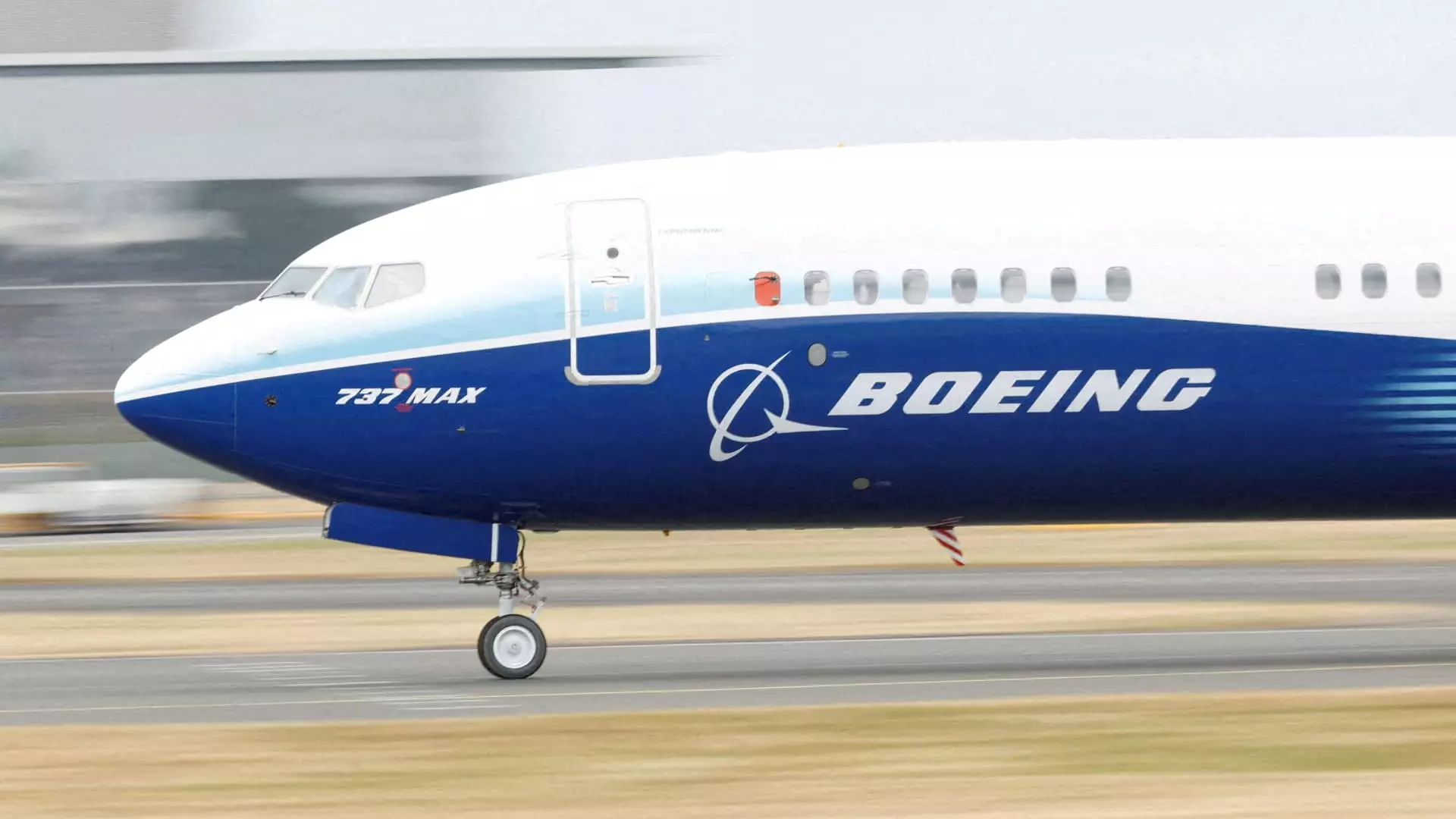Boeing, the American aerospace giant, finds itself embroiled in yet another controversy due to a series of mid-flight technical failures. The recent incident involving a door panel blowing off a new Alaska Airlines 737 Max 9 midair on Jan. 5 has once again brought attention to the company’s manufacturing practices. According to Tim Clark, the president of Emirates Airline, Boeing needs to be led by engineers if it wants to navigate its way out of the current crisis. He emphasized the importance of having a strong engineering lead at the helm of the company, along with a governance model that prioritizes safety and quality.
Aviation analysts and former Boeing employees have criticized the company for reportedly sidelining engineers in its senior management ranks. They pointed out that among the top executives at Boeing, only Stan Deal, the outgoing CEO of Boeing’s Commercial Airplanes division, had an engineering background. However, Deal is retiring as part of a major management shakeup announced by the company. This move has raised concerns about whether changing leadership will be sufficient to address Boeing’s underlying issues. Stephanie Pope has taken over as Boeing’s chief operating officer, and CEO Dave Calhoun is also set to step down by the end of 2024.
Call for Immediate Action
Clark warned that time is not on Boeing’s side and urged the company to engage in lateral thinking to address its challenges. The critique of Boeing’s leadership structure comes at a critical time when the Federal Aviation Administration (FAA) and the Justice Department are intensifying their scrutiny of the plane-maker. The FAA has limited the production of Boeing’s 737 aircraft to 38 per month as it investigates the company’s manufacturing practices. Furthermore, the FAA grounded all 737-9 Max aircraft with door plugs following the Alaska Airlines incident.
In response to the FAA’s six-week audit, Boeing and Spirit AeroSystems were found to have allegedly failed to comply with manufacturing quality control requirements. The audit highlighted issues in Boeing’s manufacturing process control, parts handling, storage, and product control. The FAA urged Boeing’s leadership to address these findings as part of a comprehensive corrective action plan to rectify systemic quality-control issues and improve its safety culture. Boeing has responded by stating that it is implementing immediate changes and developing a comprehensive action plan to strengthen safety and quality, with a focus on transparency every step of the way.
As Boeing navigates through its current crisis, it is evident that a strong emphasis on engineering leadership, safety, and quality is crucial for the company’s future success. The call for a governance model that integrates the voice of the factory floor and prioritizes risk management strategies underscores the need for a fundamental shift in Boeing’s approach. While changes in leadership may offer a fresh perspective, the ultimate test lies in Boeing’s ability to address its underlying issues and regain trust in the aviation industry. Only time will tell whether Boeing’s response to the current crisis will be enough to steer the company back on course.

Leave a Reply